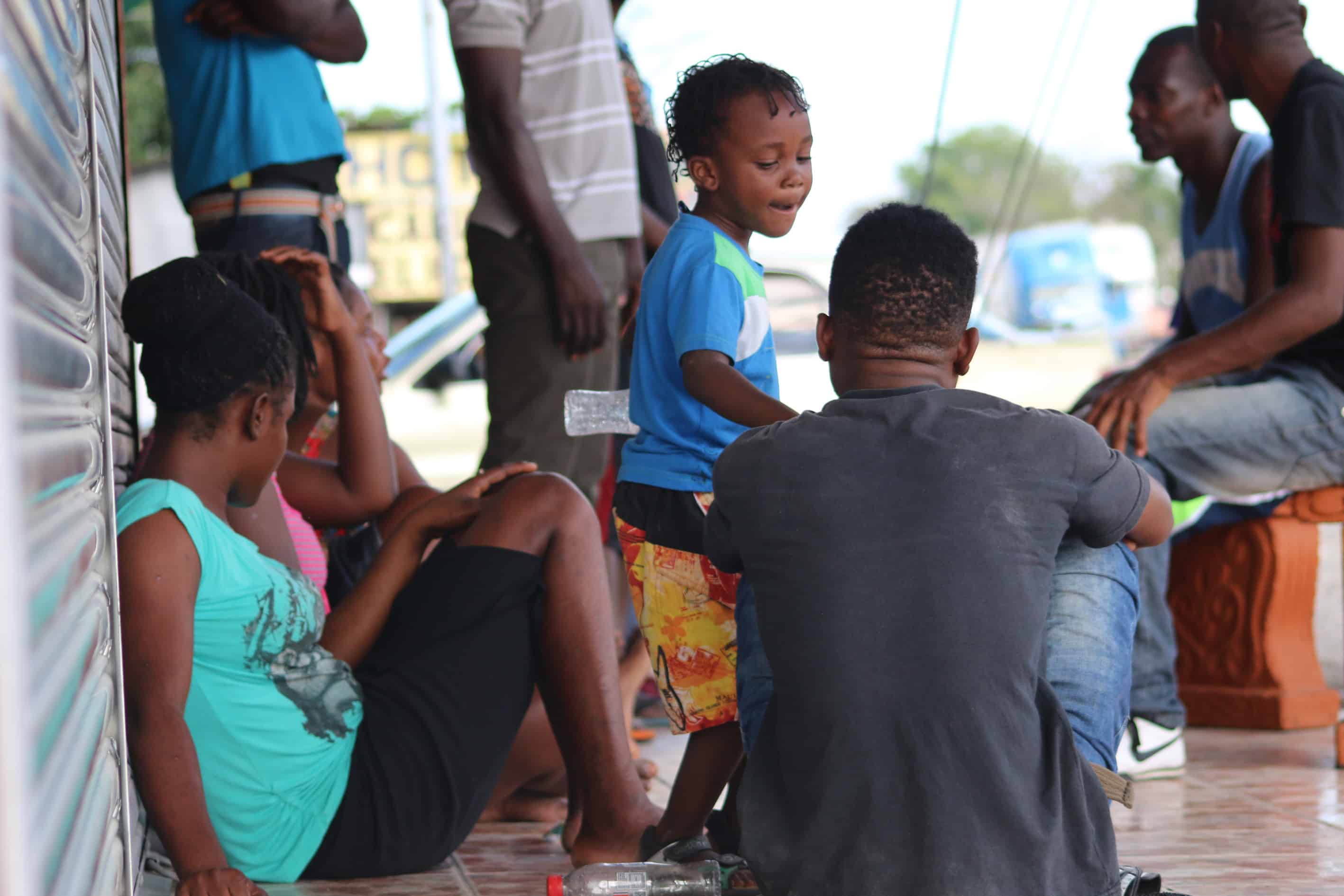The recently announced airlift of nearly 4,000 Cuban migrants from Panama to Mexico’s border with the U.S. marks a stark contrast with the treatment of fellow migrants from Africa who, until recently, faced a similar plight. Cuban and African migrants have been stuck for weeks — and some for months — in Paso Canoas, on the Panama-Costa Rica border, hoping for a way to continue north to the U.S.
In April, the two groups marched side-by-side, demanding to be allowed into Costa Rica. Today, the Cubans are preparing for a safe, legal, expedited trip to the doorstep of their destination, while African migrants are being offered temporary shelter in Costa Rica and enough freedom to try and sneak into Nicaragua and continue north.
In late April, the government persuaded a group of African migrants who were camped out in the street and in hotels in Paso Canoas to move to government-run shelters (although the government has been carefully avoiding the word “shelter” in an attempt to avert comparison with the massive airlift of Cubans that it carried out earlier this year).
The government would like to deport the migrants, but deportation to another continent would be expensive and is complicated by the fact that many of the migrants have no documentation proving where they’re from. No third country has yet offered to accept the migrants.
But Costa Rican authorities cannot indefinitely detain undocumented migrants while they work out a deportation scheme: Crossing the border illegally is not a criminal offense. Therefore, the government recently settled on collecting what information it can about each migrant’s identity, then sending them out the door with an order to check back in with authorities every two weeks.
In the meantime, the migrants can travel freely in Costa Rica.
According to Immigration Administration spokeswoman Andrea Quesada, some 350 migrants had been processed and asked to periodically sign in as of the middle of last week.
Communications Minister Mauricio Herrera said time will tell if the migrants actually sign in or simply continue north. The Tico Times has previously reported that migrants sometimes skip town and sneak across the border under the check-in program.
“We can’t keep eyes on everyone at all times,” Herrera said. “The border is porous.”
Some of the migrants from Africa and Asia who had been stuck at the border may already be on their way to the U.S. Occupancy at a family attention center run by the Child Welfare Office in Buenos Aires had fallen around 40 percent by the middle of last week, from 128 migrants on May 3 to 74 migrants on May 11, according to figures from the Immigration Administration.
There had been 134 requests for asylum among the recent African arrivals as of the middle of last week, but all of them were rejected, Quesada said. Many of the requests were rejected because applicants told immigration officers that they wanted to get to the U.S., which is not grounds for asylum in Costa Rica.
The Red Cross and volunteer organizations have set up an aid center for migrants in Paso Canoas, offering food, showers, bathrooms and tarps that people can sleep under to stay out of the rain. As many as 200 people have been sleeping at the center nightly, according to Carlos Herrera, national emergency response chief for the Costa Rican Red Cross. Herrera stressed that the Paso Canoas facility was not a shelter.
Costa Rican officials said in April that there were roughly 600 extra-continental migrants, most from African countries, marooned in Paso Canoas. But Immigration Administration spokeswoman Quesada said that the flow of new migrants has not stopped.
Herrera from the Red Cross said that an average of 80 new migrants from Africa and Asia arrive at the aid center each day, and that the total number of migrants using the center daily ranges from 200 to 800.
The government recently announced that it would strengthen police presence in the country’s southern zone. Communications Minister Mauricio Herrera told The Tico Times that the Costa Rican government is focused on enforcing the country’s immigration laws while respecting the human rights of the migrants.
“Police have orders to not let migrants travel without visas, but once they’re on Costa Rican soil we have an obligation to provide for their basic needs,” Herrera said.
In the meantime, Herrera said that Paso Canoas is calm and that the “crisis” had passed.
If undocumented migrants opt to sneak into Nicaragua and continue their journey north, that “crisis” may get passed on to another country.









